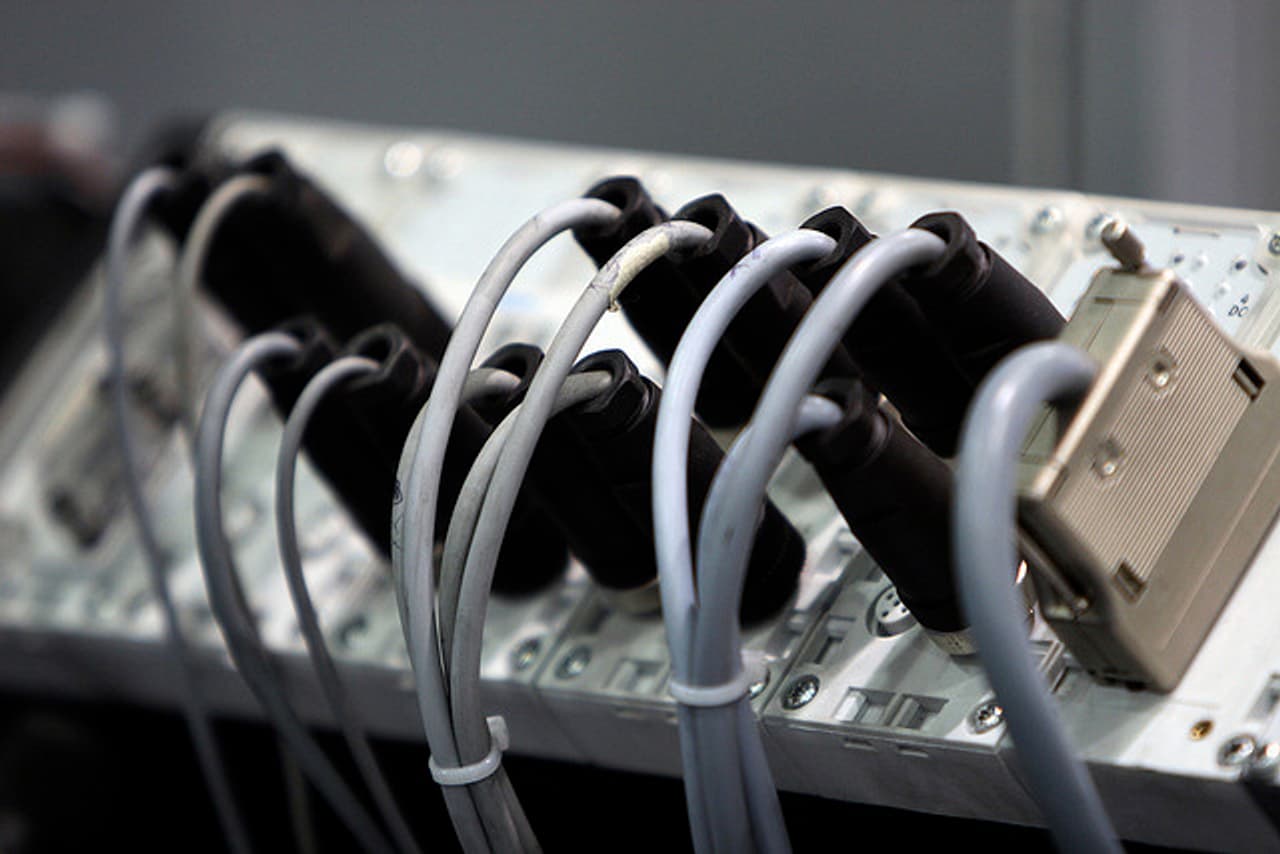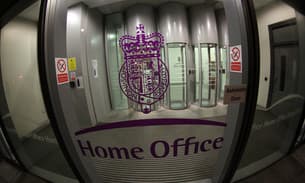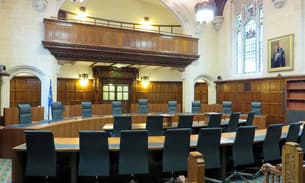
Intelligence agencies target and exploit legally privileged communications, tribunal hears
Eavesdropping by Pulpolux at Flickr
Intelligence agencies are intercepting privileged communications and have inadequate barriers in place to stop them being used in criminal and civil trials, a tribunal has heard.
Newly released policy documents have revealed “unlawful and unethical” practices at MI5, MI6 and GCHQ, the Investigatory Powers Tribunal (IPT), which oversees the agencies, was told today.
Lawyers and privacy campaigners say the policies call into question the integrity of judgements in a large number of criminal and civil cases.
And Conservative MP and civil liberties champion David Davis has described the revelations as a national scandal in the making.
Communications between individuals and their lawyers are subject to “legal professional privilege” which means they are recognised as private in law.
Now, policy documents released in response to a legal claim brought by Libyan politicians and human rights groups, show that:
*Intelligence agencies are permitted to deliberately target legally privileged material, with MI5 saying this may then be “used just like any other item of intelligence”;
*There is currently nothing to prevent the involvement in litigation of security service lawyers who have previously viewed relevant privileged material;
*In 2011 MI5 abandoned a “Chinese wall” meant to stop abuse of intercepted communications between lawyers and clients because it had too few in-house lawyers to make the system work;
*The Security Service does not disclose the fact it has looked at privileged material to the court or the defendant in hearings it is involved in.
Belhaj and ors v MI5, MI6, GCHQ and ors
The government has admitted to a single instance of “potential for tainting” of litigation resulting from the interception of privileged correspondence and says it took steps to rectify this.
Today’s IPT case is being brought by Libyans who allege the UK was complicit in their kidnapping and rendition back to Gadaffi’s Libya, where they were tortured.
Abdul-Hakim Belhaj and others believe that intelligence agencies involved in defending their claims for compensation may have intercepted and used their communications with lawyers.
At today’s hearing, counsel for the Libyan families suggested that MI5 had only established a Chinese wall in 2014 after the families had obtained undertakings from the government to protect their privileged material more effectively.
The 28 documents released to them so far are not copies of original documents, but are retyped and in some cases, summarised, extracts.
The Libyans are pushing for redacted copies of the originals and for disclosure of further information, such as details of instances when material has been collected in contravention of the law.
Dinah Rose QC, who is acting for Belhaj, told the IPT the case was the tip of the iceberg and that the disclosed policies “raise a strong prima facie cases that there has been an abuse of process and that real injustices may have been done.”
The policies “on the face of it, appear to permit lawyers to be involved in practices that are unlawful and unethical,” she said.
The intelligence services are involved in a range of court cases, from civil and criminal proceedings to secret immigration hearings and security vetting appeals.
If the IPT rules that their interception of legal communications is unlawful, people who have lost cases in which the intelligence services have been involved could apply for the judgment to be dismissed as an abuse of process.
Speaking outside the tribunal, David Davis said: “This has the makings of a national scandal. It seems that it is not uncommon that lawyer-client privilege is broken, which is a fundamental piece of our rights.”
Cori Crider, a director at legal charity Reprieve and US counsel for Belhaj, said: “The documents clearly show that MI5’s and GCHQ’s policies on snooping on lawyers have major loopholes.”
She asked: “In how many cases has the Government eavesdropped to give itself an unfair advantage in court?”
Bureau interception case
The hearing at the IPT is one of several ongoing legal actions involving state surveillance following the Snowden disclosures.
The Bureau is currently bringing a case to the European Court of Human Rights in which it is asking the court to rule whether the UK provides adequate legal protection for journalists’ communications.
Of particular concern is the issue of whether journalists’ communications with their sources are being intercepted, which could be unlawful under European human rights laws.
Rosa Curling, a solicitor with Leigh Day & Co, said the Belhaj case “highlights yet again the urgent need for the European Court to resolve TBIJ’s claim against the UK government for its failure to protect journalistic communications.”
Related story: Rendition victims push for release of secret service policies




